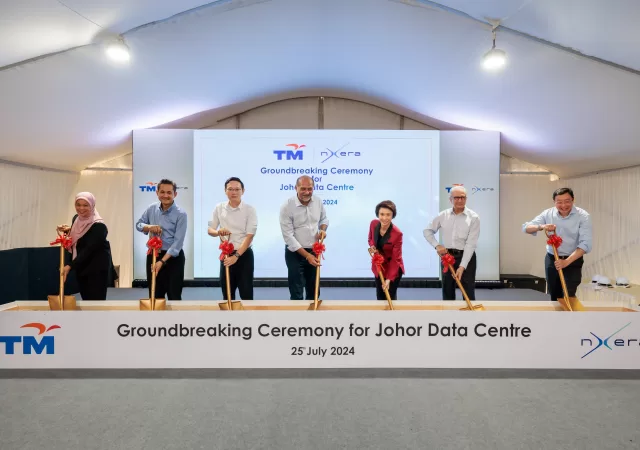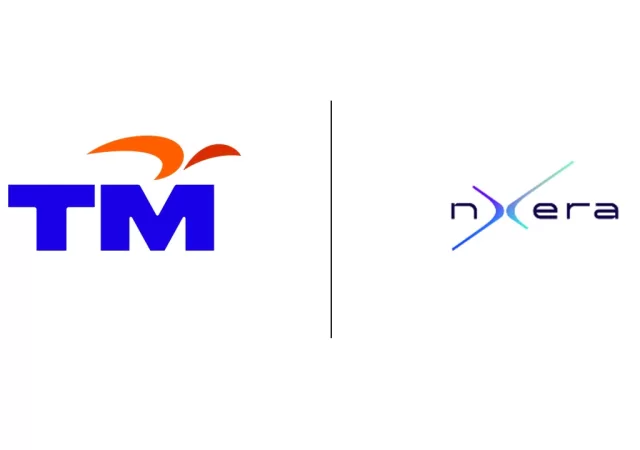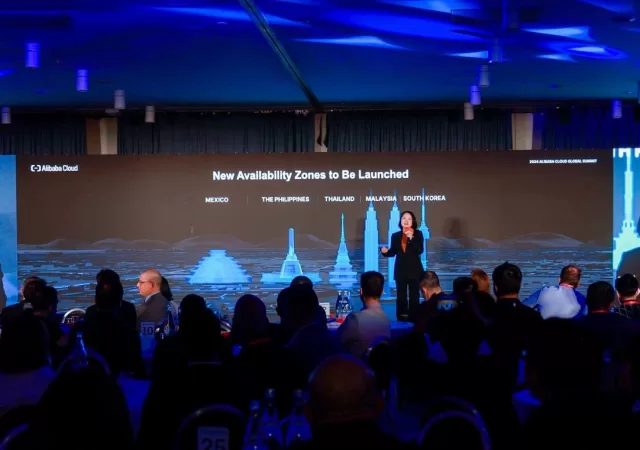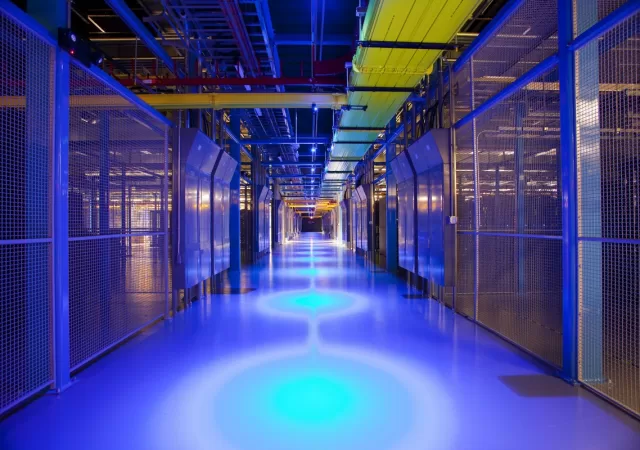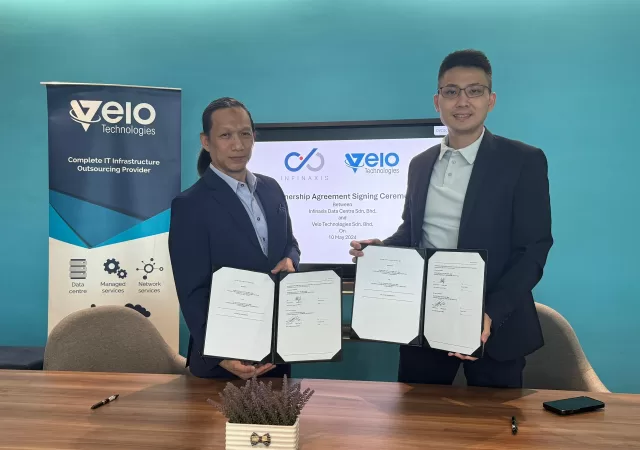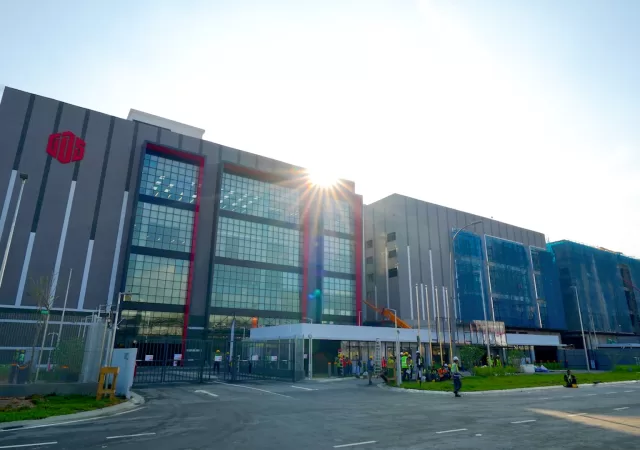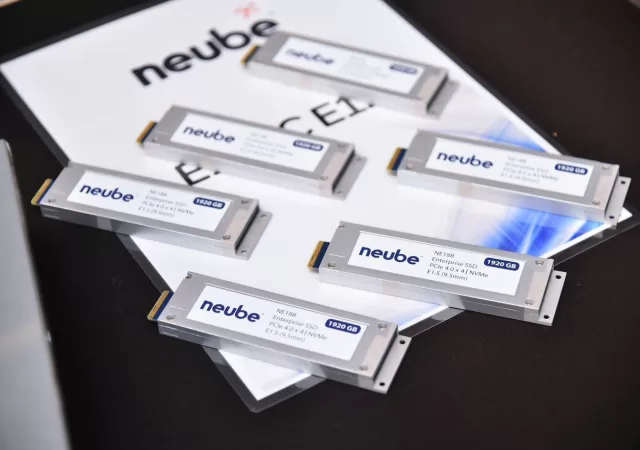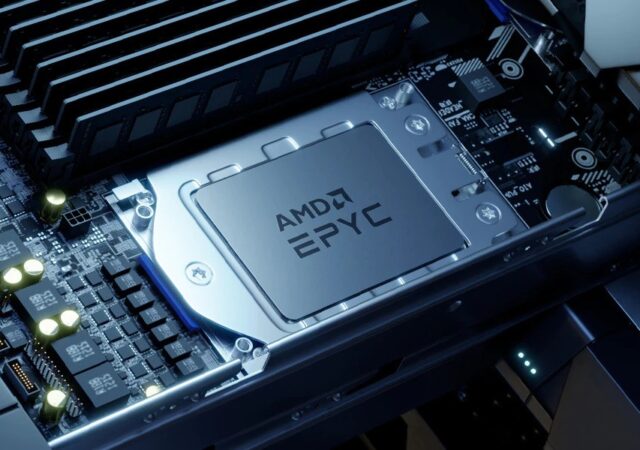Telekom Malaysia (TM) and Nxera, Singtel’s InfraCo, break ground at their potential Johor campus for the planned data center Joint Venture.
TM and Singtel’s Nxera Join Forces to Empower Hyperscalers with AI-ready Data Centres
TM and Singtel’s Nxera are coming together build AI-ready data centers in Johor to empower regional hyperscalers.
Alibaba Cloud Expands Global Footprint with New Availability Zones
Alibaba Cloud announces new availability zones in Mexico, Thailand, Philippines, South Korea and Malaysia expanding its global footprint.
Equinix Expands to Malaysia, Bolstering the Nation’s Digital Infrastructure with Dual Metro Data Centres
Equinix Inc establishes its presence in Malaysia with the launch of dual metro data centres in Johor and Kuala Lumpur providing businesses world class digital infrastructure.
Infinaxis and Velo Technologies Partner for Data Centre Expansions
Infinaxis and Velo Technologies partner to power up data center services in the carrier neutral TelcoHubX located in Putrajaya Malaysia.
Schneider Electric and NVIDIA Collaborate to Revolutionize Data Centre Infrastructure
Schneider Electric and NVIDIA join forces to push the boundaries of innovation in data center infrastructure. Explore the future of AI and digital twin technologies.
GDS Empowers Southeast Asia’s Digital Transformation with Cutting-Edge Data Center in Johor, Malaysia
GDS’s strategic entry into Southeast Asia is marked by the Nusajaya Tech Park Data Center Campus, covering 22,500 sq meters and having 69.5 MW IT power capacity. GDS’s sector categorization and customer-centric approach helps it address the growing need for digital infrastructure in the region, all while utilizing the latest AI-driven digital processes.
Malaysia’s First SSD, NEUBE, Enters the High-Performance SSD Market with Server On & PHISON Backing
A truly Malaysian high-performance SSD is coming to market with a landmark MoU having been signed between PHISON and Server On.
Even More EPYC with AMD – Stacking Zen 3
AMD just launched their new EPYC processors made for servers and data centers. The new processors feature Zen 3 and 7nm technology.



